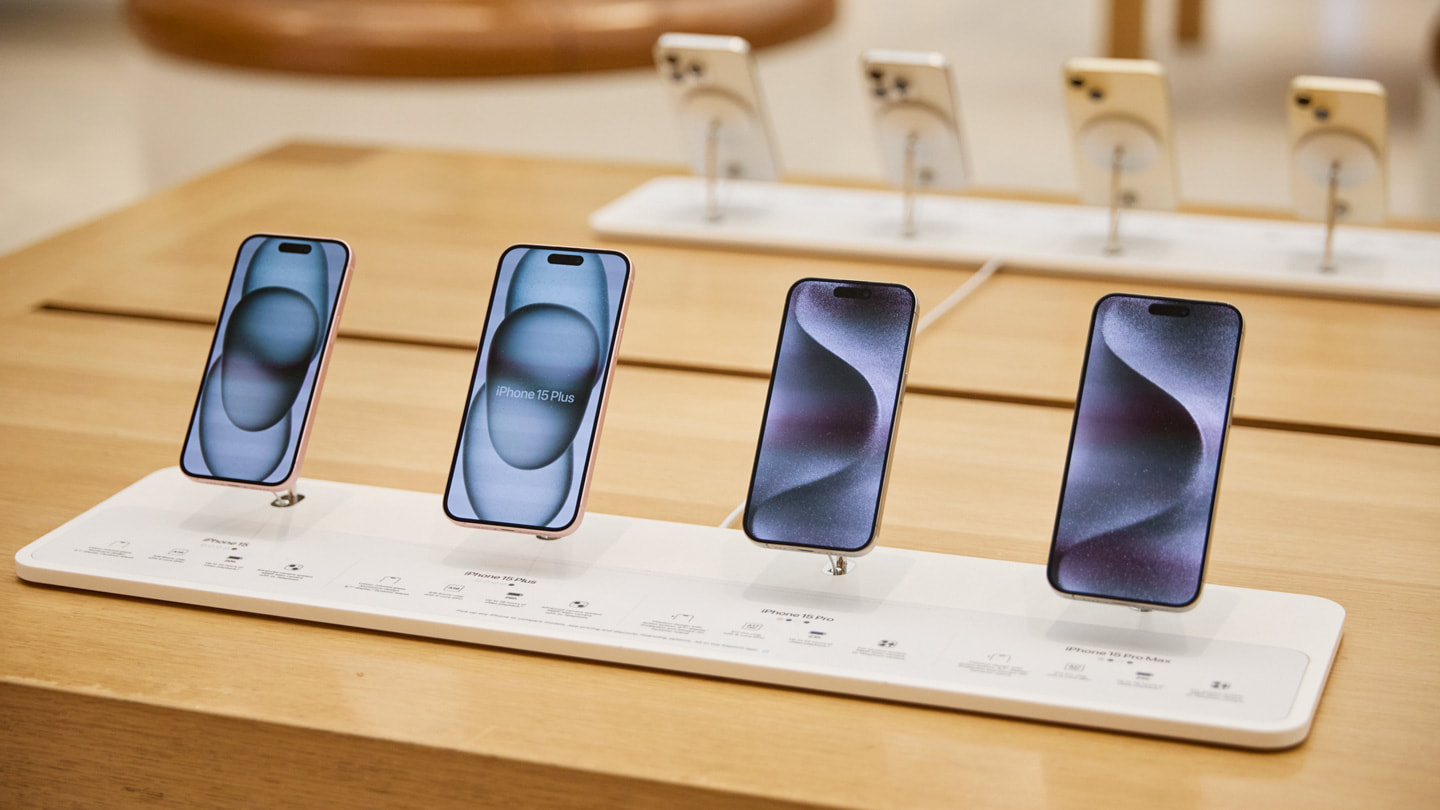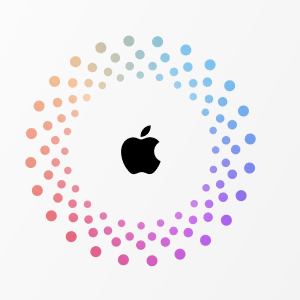Earlier this year, the U.K. introduced new Product Security and Telecommunications Infrastructure (PSTI) regulations. These rules stipulate that companies selling Internet-capable products in the U.K. must specify a minimum period for providing security updates.
Defined by the regulation as updates that enhance or protect a product’s security, these are essential for addressing discovered or reported security issues.
In compliance with PSTI regulations, Apple submitted a public regulatory filing for the iPhone 15 Pro Max.
According to this filing, the device’s support period is a “minimum five years from the first supply date”, which is noted as September 22, 2023, the launch date of the iPhone 15 series.
Apple’s clear commitment to a five-year minimum support period is noteworthy, especially since the company has not typically been explicit about legacy software support.
This development is positive news for Apple users who keep their devices for extended periods.

However, it is worth noting that Samsung and Google offer seven years of security and Android OS updates for their devices, which exceeds Apple’s commitment by two years.
Despite the five-year minimum, Apple often provides security updates well beyond this period.
For instance, in March, Apple released a security update for the iPhone 6s, which launched in September 2015, marking nine years of support.
Additionally, in November 2020, Apple issued a security patch for the iPhone 5s, seven years after its 2013 release. This history indicates that while Apple is officially committed to five years, users can expect support to extend beyond this timeframe.














